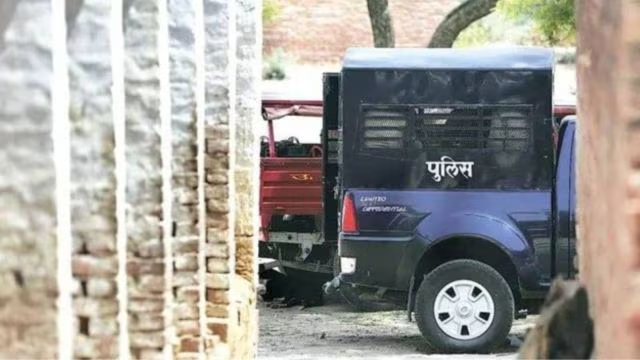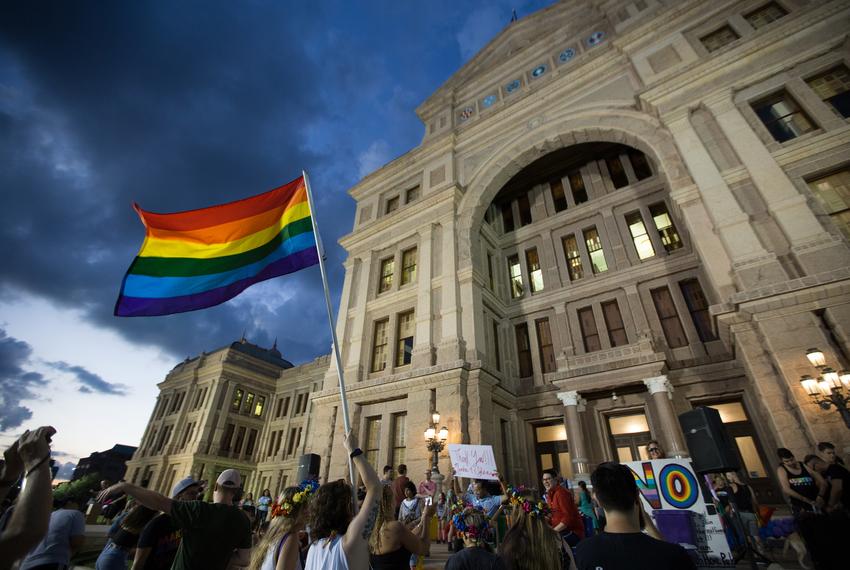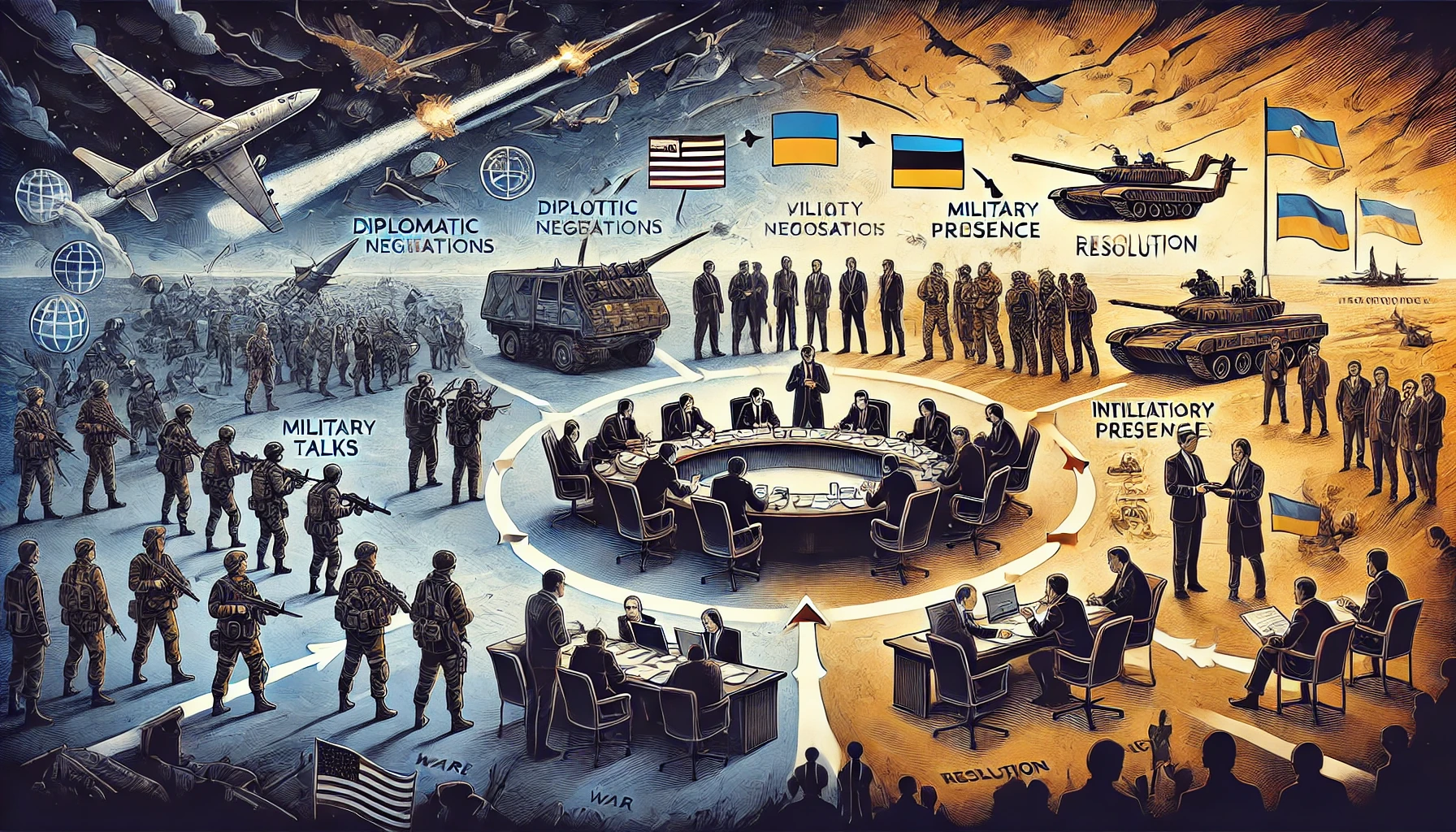The Polish government is taking proactive steps to ensure that every household in the country is well-prepared for emergencies. The Ministry of Internal Affairs, in collaboration with the Ministry of Defense and the Government Security Center, is preparing a comprehensive crisis survival guide. This guide will provide essential recommendations for citizens to stay safe and manage during a crisis. By the end of the year, the printed version of this guide will be distributed to every household across Poland.
Why Is This Guide Important?
Unforeseen emergencies, including power outages, natural disasters, and other crises, can disrupt daily life. This guide aims to educate citizens on how to respond effectively in such situations. It will contain practical advice on surviving without basic utilities like electricity, how to prepare for an evacuation, and the necessary supplies that should always be on hand. The initiative is part of Poland’s larger Population Protection and Civil Defense Program, ensuring that all citizens are equipped with knowledge that could save lives in critical moments.
Key Topics Covered in the Survival Guide
The guide is designed to be a comprehensive resource for handling emergencies. Some of the key areas it covers include:
- Surviving the First 72 Hours: Practical steps to endure a crisis for the first three days, which is often the most critical period before help arrives.
- Food and Water Storage: Advice on stocking non-perishable food and clean water to sustain a household for several days.
- Dealing with Power Outages: Steps to take when the electricity goes out, including alternative sources of light and heat.
- Fire Prevention and Safety: How to minimize the risk of fires and what to do in case of one.
- Basic First Aid: Essential medical knowledge for treating injuries and providing emergency care.
- Taking Care of Pets: Guidelines on ensuring pets are safe and well-fed during an emergency.
Learning from Global Best Practices
Polish authorities have not developed this guide in isolation. Instead, they have studied crisis survival guides from 23 other countries, including Sweden and Norway. These nations have well-established emergency preparedness plans, and Poland is incorporating their best practices to create a comprehensive and effective survival guide for its citizens.
Not Just for War—Preparedness for All Crises
While concerns about geopolitical tensions in Europe have been growing, the Polish government emphasizes that this guide is not solely for war-related scenarios. It is equally applicable to natural disasters like floods, extreme weather conditions, or even long-term power outages. Being prepared for a wide range of emergencies ensures that Polish citizens can handle any crisis effectively.
Available in Multiple Languages
Recognizing the diversity of Poland’s population, the government plans to publish the guide not only in Polish but also in the languages spoken by national minorities, including Ukrainian. This ensures that all residents, regardless of their native language, have access to this vital information.
Broader Context: Poland’s Military Readiness
Poland’s commitment to national security extends beyond just civilian preparedness. Recently, Polish Prime Minister Donald Tusk announced an ambitious plan to build a 500,000-strong army, including reservists, to respond to potential security threats. As part of this strategy, a nationwide training program for reservists will be launched by the end of the year, preparing the entire male population for emergency situations.
Practical Tips for Household Emergency Preparedness
While awaiting the official guide, households can start taking simple but effective steps to improve their emergency readiness:
1. Stockpile Essential Supplies
Ensure that your home has enough food, water, and medical supplies to last at least three days. Recommended items include:
- Non-perishable food (canned goods, dry foods, energy bars)
- Bottled water (at least 3 liters per person per day)
- First aid kit with essential medicines
- Battery-powered flashlight and extra batteries
- Portable phone charger and extra power banks
2. Prepare for Power Outages
Power outages can occur due to various reasons, including natural disasters or cyberattacks on critical infrastructure. Here are some ways to stay prepared:
- Have a backup source of light, such as candles or LED lanterns.
- Keep blankets and warm clothing ready for winter outages.
- Charge all essential devices before a forecasted outage.
- Use surge protectors to protect electronic devices from voltage fluctuations.
3. Create an Evacuation Plan
Families should have a well-defined plan in case they need to leave their home quickly. Consider the following:
- Know the nearest evacuation shelters and emergency services.
- Keep important documents in a waterproof folder.
- Prepare an emergency bag with essentials (cash, clothes, food, flashlight).
- Discuss and practice evacuation routes with family members.
4. Learn Basic First Aid
First aid knowledge can be life-saving in a crisis. Every household should know how to:
- Perform CPR
- Stop bleeding and treat wounds
- Handle burns and fractures
- Identify symptoms of hypothermia or heatstroke
5. Secure Your Home
Preventive measures can minimize risks during emergencies:
- Install fire alarms and check them regularly.
- Secure heavy furniture to prevent it from falling during earthquakes.
- Have sandbags ready if you live in a flood-prone area.
Conclusion
Poland’s initiative to provide every household with a crisis survival guide is a proactive step towards national preparedness. By educating citizens on survival tactics, first aid, and emergency response, the government is ensuring that people can face any crisis with confidence. Whether dealing with power outages, natural disasters, or other emergencies, having the right knowledge and resources can make a significant difference.
While waiting for the official guide’s release, families can start preparing by following simple yet effective emergency preparedness strategies. Taking small steps now can prevent panic and ensure safety when disaster strikes.
By prioritizing preparedness at both individual and national levels, Poland is setting an example for how societies can build resilience in uncertain times.


























0 Comments